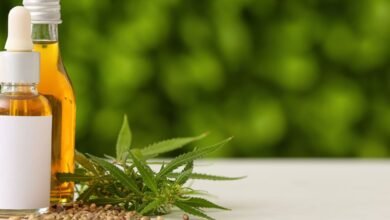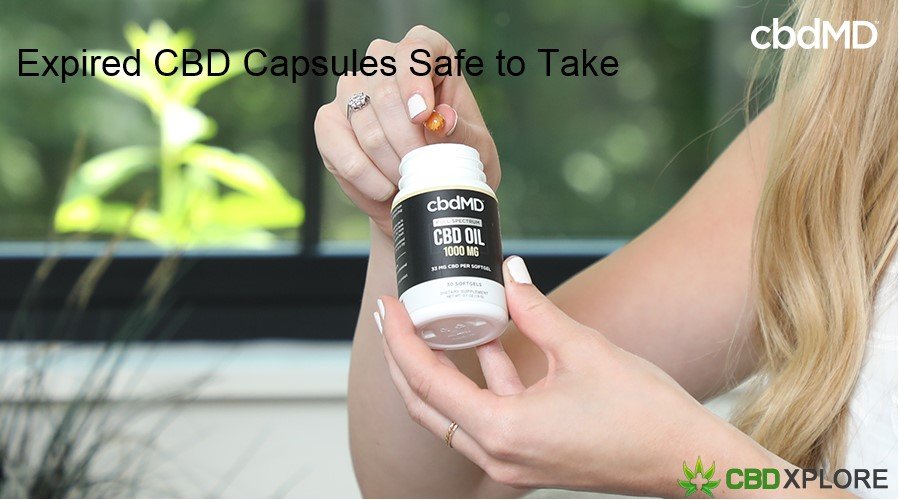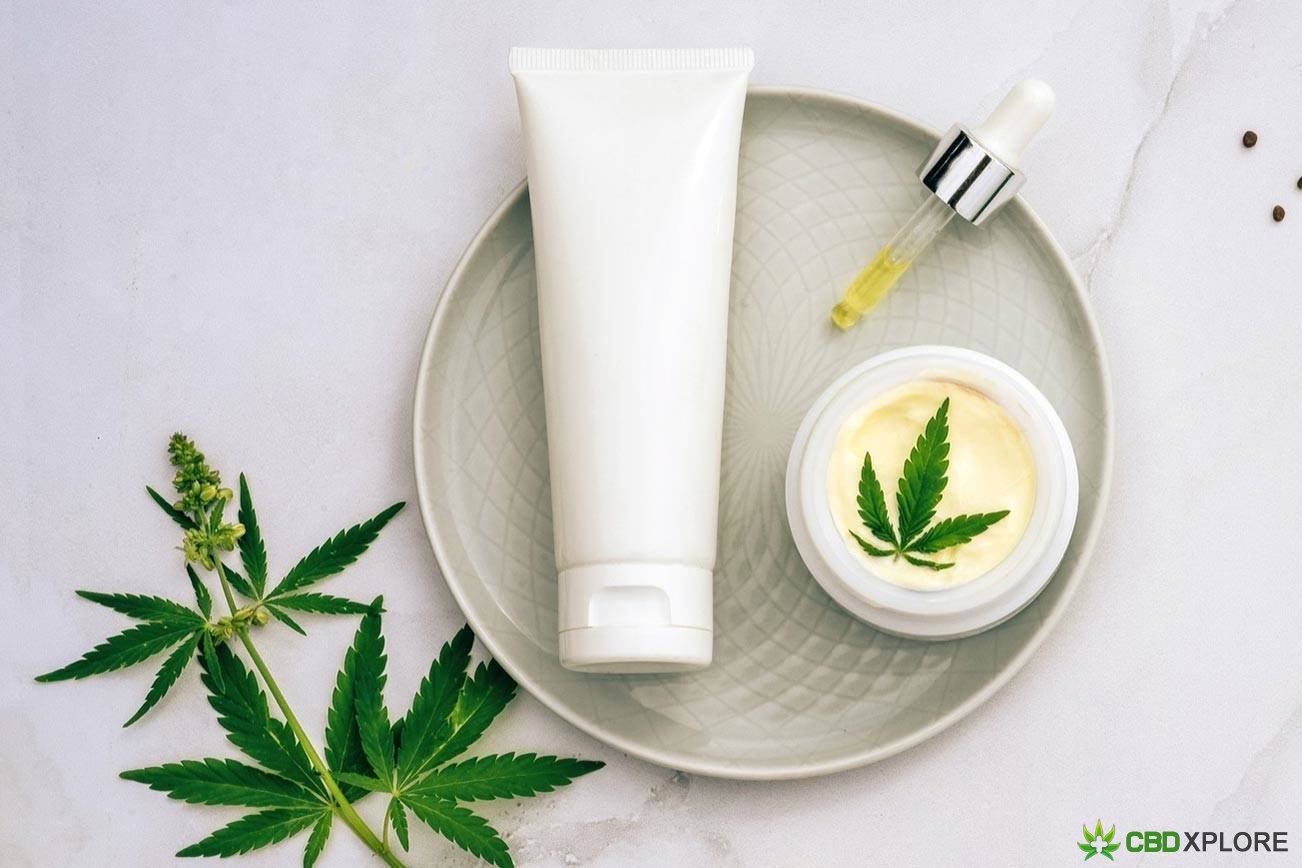Is CBD Legal? A 2025 Guide to Laws and Regulations
This guide will explore the CBD legal landscape, covering federal and state laws, international regulations, and key factors influencing its legality.

Is CBD legal? Cannabidiol (CBD) has surged in popularity over the past decade, praised for its potential therapeutic benefits. However, the legality of CBD remains a complex and evolving issue. As we step into 2025, understanding the current laws and regulations surrounding CBD is crucial for consumers, businesses, and healthcare providers. This guide will explore the legal landscape of CBD, covering federal and state laws, international regulations, and key factors influencing its legality.
Explore the Contents
Understanding CBD: What is it?
CBD is a non-psychoactive compound found in the cannabis plant. Unlike tetrahydrocannabinol (THC), CBD does not produce a “high.” It is commonly used for its purported benefits, including pain relief, anxiety reduction, and antioxidant properties. CBD is available in various forms, such as oils, capsules, edibles, and topicals.
Federal CBD Laws in the United States
At the federal level, the legality of CBD is largely dictated by the 2018 Farm Bill. Here are the key takeaways:
- 2018 Farm Bill: This legislation legalized hemp-derived CBD, provided that the product contains no more than 0.3% THC by dry weight. Hemp is classified as any cannabis plant with a THC concentration below this threshold.
- FDA Regulations: The U.S. Food and Drug Administration (FDA) oversees CBD products intended for medical or dietary use. While the FDA has approved Epidiolex, a prescription CBD medication for epilepsy, it has not yet regulated CBD in dietary supplements and food products.
- DEA’s Stance: The Drug Enforcement Administration (DEA) does not consider hemp-derived CBD a controlled substance as long as it adheres to the Farm Bill’s guidelines.
State-by-State CBD Laws in 2025
Despite federal legalization, individual states have the authority to regulate CBD differently. Here’s how states typically classify CBD:
- Fully Legal States: Some states, such as Colorado, California, and Oregon, permit the sale and use of all hemp-derived CBD products, including in food and beverages.
- Restricted Use States: Certain states impose restrictions on the sale of CBD, allowing only specific formulations, such as CBD isolates, or limiting it to medical use.
- Prohibited States: A few states still have stringent regulations against CBD, particularly in food or beverages.
It is essential to check state-specific laws before purchasing or selling CBD products.
International CBD Laws in 2025

CBD regulations vary significantly across the globe.
- European Union (EU): The EU generally allows CBD products, provided they contain less than 0.2% THC. However, individual countries impose additional restrictions.
- Canada: CBD is legal but regulated under the Cannabis Act, meaning it can only be sold through licensed dispensaries.
- United Kingdom: CBD products are legal if they contain less than 1 mg of THC per container and meet Novel Food regulations.
- Australia: CBD is legal but available only with a prescription.
- Asia and the Middle East: Many countries in these regions, including China and Saudi Arabia, have strict anti-CBD laws, with severe penalties for possession or sale.
Factors Affecting CBD’s Legal Status
Several factors influence the legality of CBD, including:
- THC Content: The primary legal determinant of CBD products is their THC concentration. Anything exceeding federal or state limits is considered illegal.
- Product Classification: Whether CBD is classified as a food additive, dietary supplement, or pharmaceutical product affects its legal status and regulatory oversight.
- Marketing and Labeling: Misleading health claims can lead to legal actions from the FDA or FTC. Brands must ensure their products comply with labeling regulations.
- State and Local Laws: Even within a legal state, certain counties or cities may have additional restrictions.
The Future of CBD Legalization
The CBD industry is expected to see further regulatory clarity in the coming years. Potential developments include:
- Stricter FDA Regulations: The FDA is likely to establish clearer guidelines for CBD in dietary supplements and food products.
- State-Level Adjustments: As scientific research progresses, more states may revise their CBD policies.
- Global Acceptance: More countries may adopt CBD-friendly laws as evidence of its benefits grows.
Conclusion
As of 2025, CBD is largely legal in the United States, provided it meets federal and state regulations. However, navigating the legal landscape requires staying informed about ever-evolving laws and guidelines. Whether you’re a consumer, retailer, or manufacturer, understanding CBD legality ensures compliance and responsible use. Always check federal, state, and international laws before purchasing or selling CBD products.





